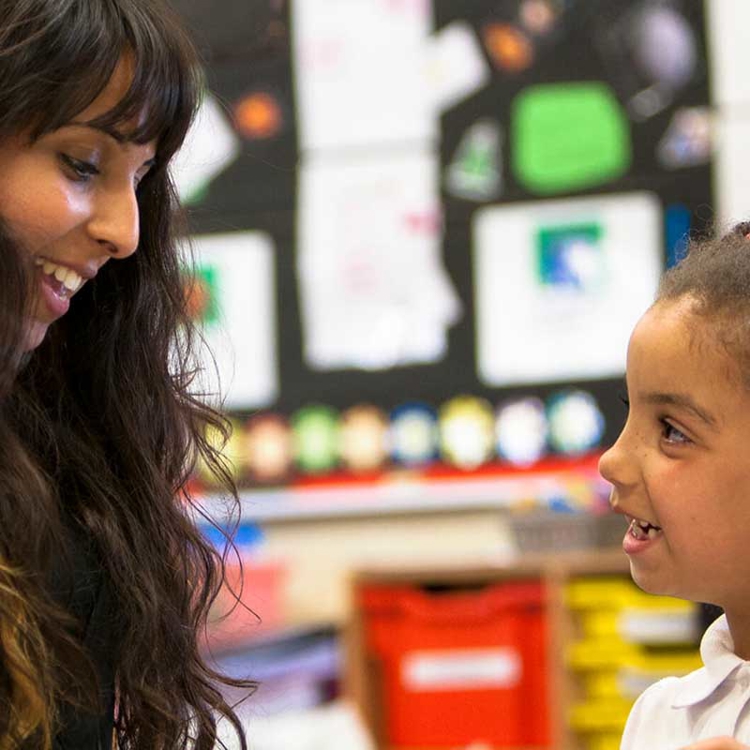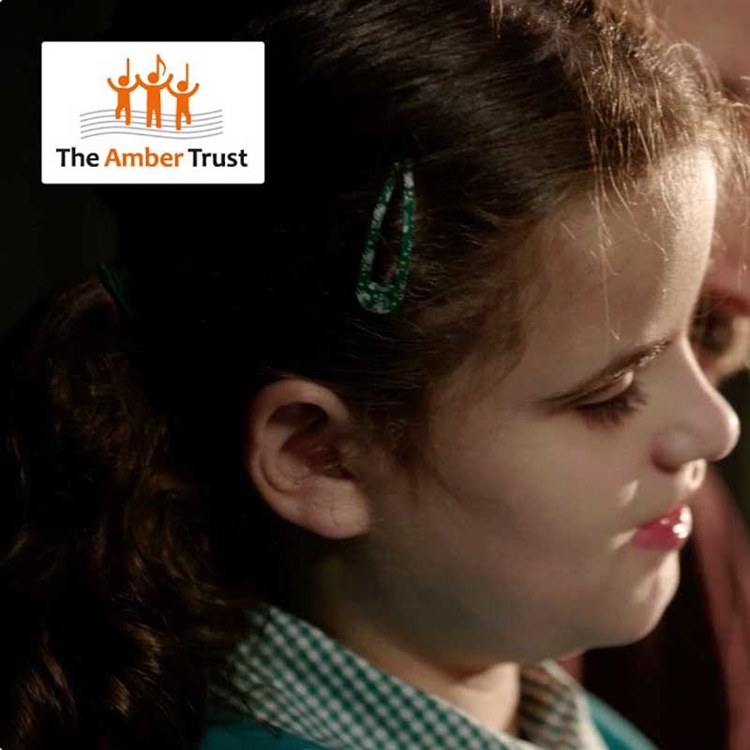
Our partnerships with professional, educational, and community organisations illustrate our commitment to ensuring research is socially engaged and available to a wide range of users, directly benefitting education professionals and the young people with whom they work.
Our commitment to collaboration, networks, and joint research projects is visible across the multiple partnerships and working relationships that underpin our research. It is also via this strategic focus on working collaboratively with academic, professional, public, and institutional partners that our research contributes to the wider economic and social good, promoting the goal of a just and sustainable society through educational development.
Influencing practitioners and institutions beyond academia
The work developed by our researchers has influenced and transformed education methods and practices both in the UK and overseas.
Prof.Adam Ockelford's research into the musical development of children across the spectrum of neurodiversity and its expression through the Sounds of Intent programme, has been used and adopted by practitioners, charities and other organisations supporting music education across the UK, consequently reaching hundreds of schools and thousands of children with severe and profound learning difficulties.
Prof.Ian Abrahams' research has informed the work of practitioners in education settings through the Wellcome Trust and the Education Endowment Foundation project titled ASCENTS 1-2-1 that he led in 2019-20 (£615k), an academically asymmetrical paired mentoring project designed to improve science GCSE attainment amongst disadvantaged Year 11 pupil premium students.

Influencing policy and encouraging social action
Our researchers are dedicated to exploring new educational theories and practices aiming to support the development of new policies, particularly in the field of special needs and education.
Dr Susana Castro-Kemp led a project on the implementation of Education Health and Care Plans for children with disabilities in England, which was reviewed by the Parliamentary Education Select Committee, and has been invited to sit as UK representative to that organisation. Dr Castro-Kemp was also one of the UK partners in the European Commission, Erasmus Plus funded ICF-CY-MedUse project which influenced policy in Germany, where the International Classification of Functioning, Disability and Health (ICF) framework which it examined has now been introduced by law as a tool for multi-agency work in all Social Paediatric Centres, across the country.
Dr Peter Elfer's research on the evaluation and implementation of Work Discussion - a model of critical professional reflection attentive to underlying emotion and its influence on professional practice - resulted in invitations to contribute to Ofsted and the All-Party Parliamentary Group on emotional wellbeing in the early years workforce.
Professor Lorella Terzi organised the Seminar Series 'Child Poverty and Education: Philosophical Reflections', which ran from January 2021 to June 2021. The Series was funded by the Philosophy of Education Society of Great Britain and organised in collaboration with Professors Judith Suissa and Elaine Unterhalter of the UCL Faculty of Education, London.
The Seminar Series addressed the normative dimensions of child poverty in relation to education. Starting from a position of ethical engagement, the Series adopted a cross-disciplinary approach by bringing together philosophers and scholars from different disciplines and practitioners in order to further the debate, inform policy and practical responses, and foster dialogue across disciplines. It involved representatives of UNESCO, Save the Children UK, Child Poverty Action Groups, and school practitioners in dialogue with academics from different disciplines.
Contributions to the Seminar Series, together with bibliographic resources, blog posts and discussions will be included on the website under consideration.
